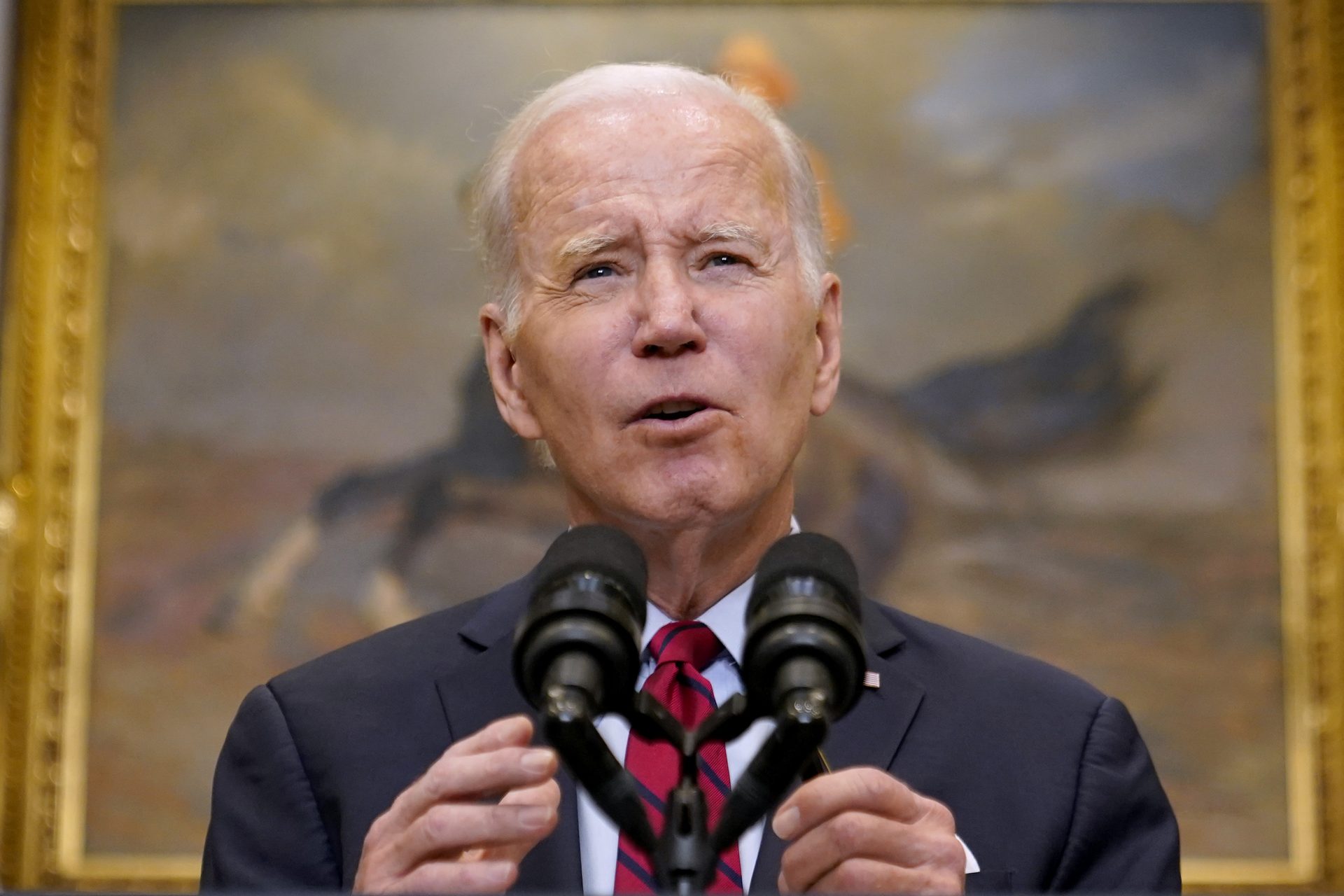PHARR, TEXAS – Francisco Peña-Valdes, an attorney with Cacheaux Cavazos & Newton, says South Texas can benefit from the Trans-Isthmus Corridor currently under construction in southern Mexico.
Cacheaux Cavazos & Newton is a law firm that has, for over 25 years, provided integrated legal services to international businesses. Peña-Valdes, who is based in McAllen, helped organize a recent trade mission to the Rio Grande Valley involving 45 business owners and entrepreneurs from southern Mexico.
The Trans-Isthmus, otherwise known as the Isthmus of Tehuantepec, represents the shortest distance between the Gulf of Mexico and the Pacific Ocean. President Andrés Manuel López Obrador announced in 2019 that he planned to modernize the Isthmus of Tehuantepec railway; expand cargo handling and storage capacity in the ports of Coatzacoalcos, Veracruz and Salina Cruz, Oaxaca; expand the highway from two to four lanes; improve the Minatitlán and Ixtepec airports; establish a fiber optic telecommunications connection and cellular / data connectivity; and build a gas pipeline for commercial and private use.
The project, under the direction of the Mexican Navy, is currently underway and incoming President Claudia Sheinbaum has said her administration will continue with it.
The Rio Grande Guardian interviewed Peña-Valdes during the trip by the 45 business owners and entrepreneurs from southern Mexico. The trip was organized by the McAllen chapter of the Asociación de Empresarios Mexicanos and COMCE Sur. It included stops in McAllen, Pharr and Brownsville, including the Port of Brownsville.
Peña-Valdes said some of the visitors were keen to take advantage of the Trans-Isthmus Corridor.
“Some of the individuals on this trade mission are interested in the services that the Port of Brownsville can offer them, because, I don’t know if you know this, there’s a Trans-Isthmus railroad that is being built in southern Mexico that is going to connect the Pacific with the Gulf of Mexico, and they want to do business through that railroad,” Peña-Valdes said.
“They want to see how they can connect and how the Port of Brownsville can support them and help them in that mission. So, there’s also a lot of questions that they are going to be asking in that sense. So, this is what we’re doing, bringing people from Mexico to invest in this area.”
 Francisco J. Peña-Valdés
Francisco J. Peña-ValdésAsked what the timeframe is for the Trans-Isthmus project, Peña-Valdes said:
“Well, there’s been several dates already set. However, last time I heard the news and the people that know about this more than I do are saying by late 2025. If you asked me, I’m looking into 2026. It’s not only one of López Obrador’s major projects. Based on what the new president is saying, she’s going to continue with the project as well. So, that project is not going to be stopped because they’re changing administrations.”
Asked what the economic impacts for South Texas will be, Peña-Valdes said:
“I think if we are able to make a connection from the Pacific to the Gulf, and then from the Gulf up to Brownsville and the south of Texas, I think it will be a good connection for doing business, especially business coming from Asia. And when I say Asia, I’m not necessarily meaning China. There’s a lot of countries that want to do business with Mexico, that want to do business with the U.S., and that railroad is going to help that business to thrive.”
Peña-Valdes said the Trans-Isthmus Corridor should not be seen as a rival to the Panama Canal.
“A lot of people are saying, oh, Mexico’s trying to compete with the Panama Canal. No, it has been said already, all over the news, this is not a competition with the Panama Canal. It is an addition to. The Panama Canal can transport through its canal around 14,000 containers (per day). The railroad is going to only transport 2,500. So that’s a huge difference,” Peña-Valdes said.
“However, and this is a big however, the Panama Canal, they do like 40 crosses per day but they in a major drought right now, and they have limited their crossings from 40 to 25 a day. So, they are minimizing their crossing as well. So can you imagine Mexico being able to help the Panama Canal. That is going to make the market, the international market, grow even faster, and the products reach the final destinations faster.”
Editor’s Note: Here is an audio recording of the Guardian’s interview with Francisco Peña-Valdes during the trade mission by the 45 business owners and entrepreneurs from southern Mexico:
The post Peña-Valdes: South Texas can benefit from the Trans-Isthmus Corridor appeared first on Rio Grande Guardian.
 (2).png)
 7 hours ago
22
7 hours ago
22









 English (US)
English (US)